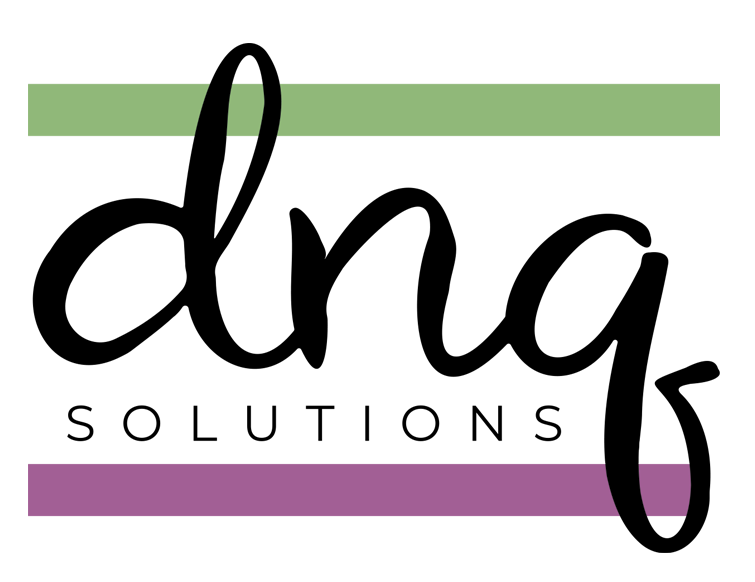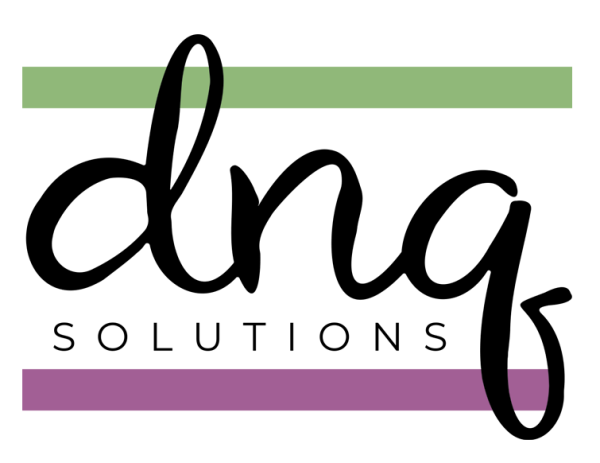
Every day there are countless small tasks to do. How do these small tasks become overwhelming? I’m so glad you asked! People (and I am including myself in this) often delay doing small tasks because they are just that – small. But when we consistently procrastinate and put these small tasks off for a later undetermined time they morph into big chores. This is stressful. There are several things going on here. No one likes to be faced with those big chores. They take too much time and are somewhat thankless. On the other hand, when we have a small task to do we often say something like ‘I don’t feel like doing this now. It’s just a small task. I can do it later.’ We neglect to remind ourselves that small tasks become big chores. Today I’m talking the ways in which tackling small tasks can help avoid feeling overwhelmed.
Procrastination is clutter’s best friend
Procrastination is clutter’s best friend. When we procrastinate, we put off deciding about the task or the item. This means that something is left for us to do. It may be that a task is not done or is incomplete. Perhaps items without homes are left on countertops or wherever they were, creating clutter.
Remember clutter is not just the things you can see. We also have clutter in our minds when we are tasked with remembering to finish the things we have to do.
Typically, people procrastinate when they are unsure of their next step, when they think they don’t have time to do the task, or when they want to have something done “perfectly”.
When we procrastinate by delaying doing a task we don’t want to do we make up reasons for procrastinating to make ourselves feel better.
We might say:
- I’ll have more time to do it later (when?).
- It’s easier to do this when the children are in bed.
- There’s so little here. I’d rather wait until…
If only we could reach into the future and talk to our future self. Our future self would probably tell us to go ahead and do it now. Get the task done so we don’t have to worry about it and so the task doesn’t morph into a huge, overwhelming chore.
Benefits of Doing Small Tasks Immediately
There are many benefits to doing small tasks as you see them instead of waiting for later.
Reduces Stress:
Doing a small task reduces stress levels. It takes the task off the list of things you must remember to do and tackling the task when it is small and manageable keeps it from becoming a large and overwhelming chore.
Saves Time:
Tackling small tasks saves time. It takes less time to do a small task than it does a large one.
Improves Efficiency:
Another benefit to tackling tasks when they are small is that it can improve your workflow. It keeps you moving down the list of things to do instead of delaying.
Boosts Motivation:
Seeing tasks crossed off my list of things to do is motivating for me and I believe for others also. Success breeds success. It feels great to work through a list of tasks. A person’s attitude plays a big role. When someone is happy because they are getting things done, they often feel more inclined to keep working.
3 Practical Tips for Handling Small Tasks
- “If you see something, do something”
We are all familiar with the expression “If you see something, say something”. Let’s tweak that to; “If you see something, do something”. Meaning, if you see something out of place, put it away or take it to the room in which it belongs.
Clutter often piles up because someone has walked right past it. The more it piles up, the longer it will take to deal with it.
This happens because we sometimes don’t pay attention to the things around us. Take the blinders off and pay attention.
2. 10-minute tasks
There are many things you can do around the house that don’t take much time and help you keep things in order. We often don’t think about doing them until that area is a problem. You can avoid these problem areas by using the deck of cards that I developed with Jonda Beattie.
Organize Your Home 10 Minutes at a Time is a deck of 50 cards, each with one 10-minute task. If you’re not sure what you can do, pick a card, do the task, and you’re done.
3. Use checklists
Use checklists to create daily routines for yourself to follow in the morning and in the evening. These routines will include small tasks to maintain the organization in your home. Every time you do a small task you save yourself time because you are not giving it a chance to grow into something big and overwhelming. I have several checklists from which to choose in this etsy shop.
A Few Concrete Examples
Laundry
Laundry is one of the things that people procrastinate over doing because it can be an overwhelming task and take a long time to do.
It used to be that we wanted to wait until we had a full load of laundry for the washing machine to save water. That is no longer the case because our washing machines are smarter now and adjust the amount of water to the size of the load of laundry.
When you do a small load of laundry, it takes less time to wash, dry, and put away.
If you procrastinate and wait until you have multiple baskets of dirty clothes, you will end up spending a long-time doing laundry.
Change it up and try doing a small load of laundry. Your future self will thank you for doing a small load. Another benefit is that the clean laundry will not take over the furniture in your family room.
Dirty dishes
A sink full of dirty dishes is another hotspot in many people’s homes.
Try doing the dishes as they are used. Avoid the urge to procrastinate, waiting until there are more than one or two dishes to wash or put in the dishwasher.
Your future self will thank you because it takes less time and is easier to prepare the next meal when you don’t have a sink full of dirty dishes to do first.
Conclusion
When you do small tasks as part of a regular daily routine or as you see them the overall organization in your home is easier to maintain. It’s hard to predict how big a chore will become when we procrastinate and do them ‘later’. One thing I know for sure is that doing a small task if you have just 5 or 10 minutes available is much easier and less stressful than waiting and watching the clutter accumulate.
Try one of my tips for small tasks and let me know if they help you. If you’d like to talk through some strategies for getting small tasks done send me an email to schedule a free 30-minute phone consultation. You can reach me at: dnqsolutions@gmail.com. I look forward to hearing from you.
Diane N. Quintana is the owner of DNQ Solutions, LLC. She is an ADHD Organizing Specialist, a Hoarding Specialist, and a Chronic Disorganization Specialist. Diane is also an ICD Master Trainer, Certified Professional Organizer in Chronic Disorganization, Certified Professional Organizer and co-owner of Release Repurpose Reorganize LLC based in Atlanta, Georgia. She specializes in residential and home-office organizing.


I have to take care of small tasks immediately. I am one of those that can’t let it go and say I’ll do it later. I work my schedule in a way that is in order and make it flow so I can get things done, especially around the house. Lists always help me so I don’t forget for work related and anything that needs to be done outside of the house. Great reminder to not procrastinate.
Thank you, Janet. I do something similar!
I love your comment that procrastination is clutter’s best friend.
Checklists are my favorite way of getting things done. There is so much to do, and I love crossing things off my list.
Thanks, Jonda! I love crossing things off my list, too.
I love this post! I’m 100% on board with taking care of the tiny tasks and chores ASAP, so they don’t pile up. As you said, when you ignore the little things, they become the big things. They might become larger, more time-consuming chores or even cost you money to fix things that weren’t attended to promptly.
There are many gems here, but I love your phrase, “If you see something, do something.” That might be it in a nutshell. We can be clutter-blind, so developing awareness around “seeing” is an essential skill. Working next on issues around procrastination is another. Great post, Diane!
Thank you, Linda! I completely agree that we are clutter-blind. We are so used to seeing things piled in our space that we don’t even truly “see” them anymore. Noticing the things that are around us is key.
I really love the “if you see something, do something” idea. I find that I tend to be productive when I have less time, simply because I don’t waste time thinking about whether I should just go ahead and do something. I know all I have is this moment in time, so I just go for it. When I get in trouble is when I have a lot of time. I think, “I have plenty of time, I don’t need to do this now.” Or, I overthink when I should do something, as if I need to figure out the exact perfect moment to act.
Agree totally on the laundry. In recent years, I’ve taken to putting a load in when I go to bed at night. When I wake up, I put it in the dryer while I’m exercising, eating breakfast, and doing morning devotions. Then I fold it when I get my shower. It seems to work, and keeps the loads from getting “scary” big!
Thank you, Seana! I love your idea of tossing a load in the washer in the evening. It does itself while you sleep, dries while you do a few other things, and then you put it away. Fabulous routine!